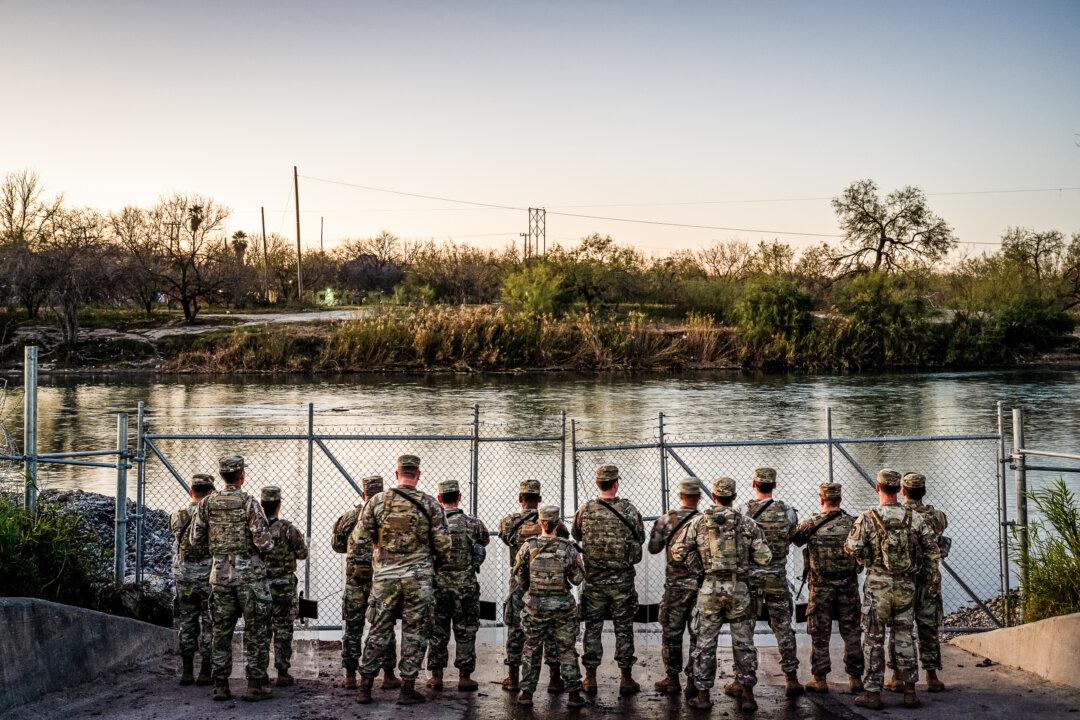A federal appeals court issued an order late on March 19 that reinstates a hold blocking Texas from enforcing a law that enables local law enforcement to arrest suspected illegal immigrants.
This decision came from a three-judge panel of the Fifth U.S. Circuit Court of Appeals, voting 2–1 to overturn a previous ruling made by another panel of the same court that granted an administrative stay of the law’s implementation.





